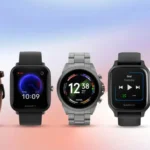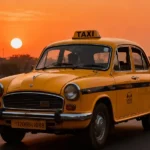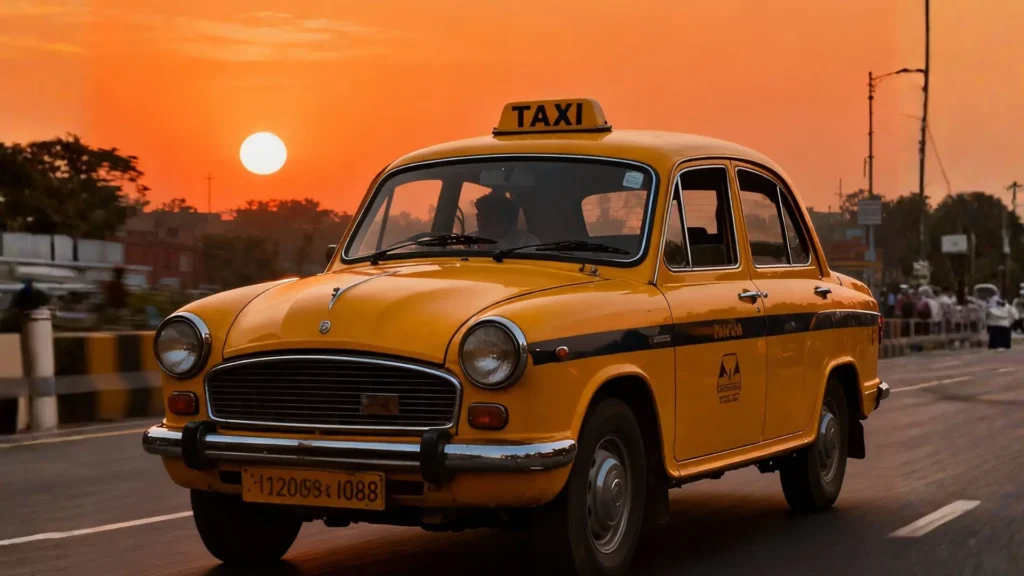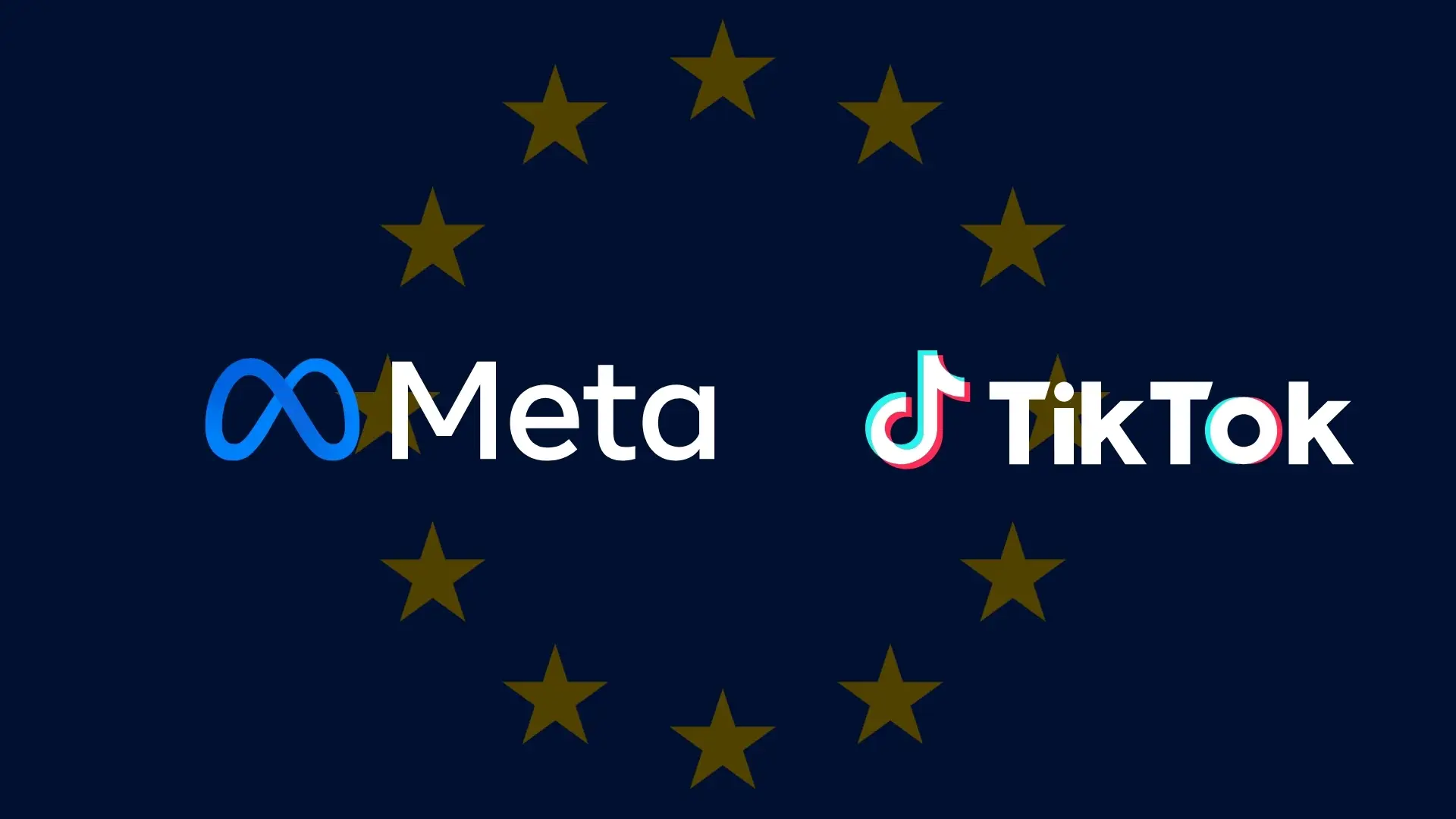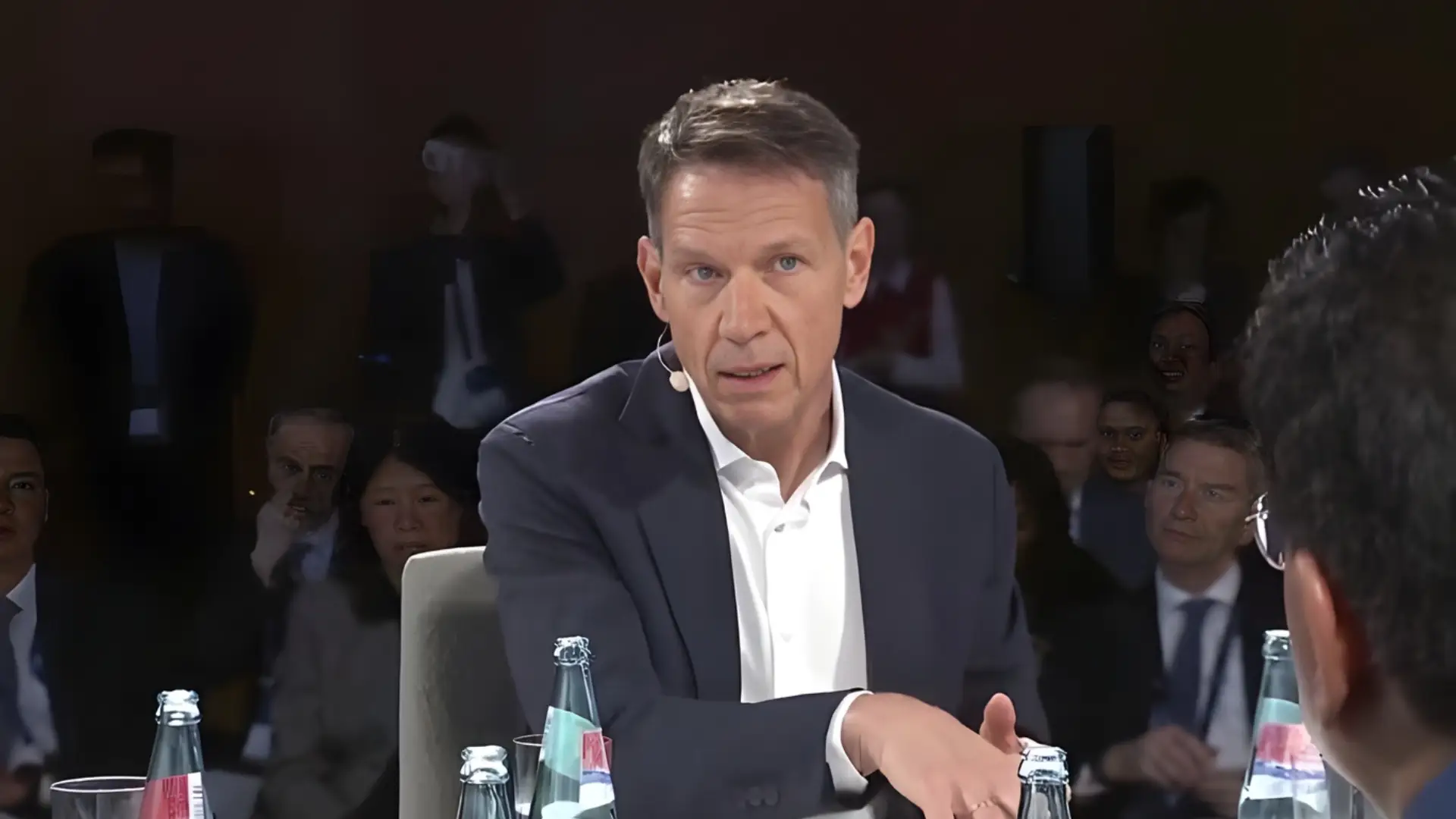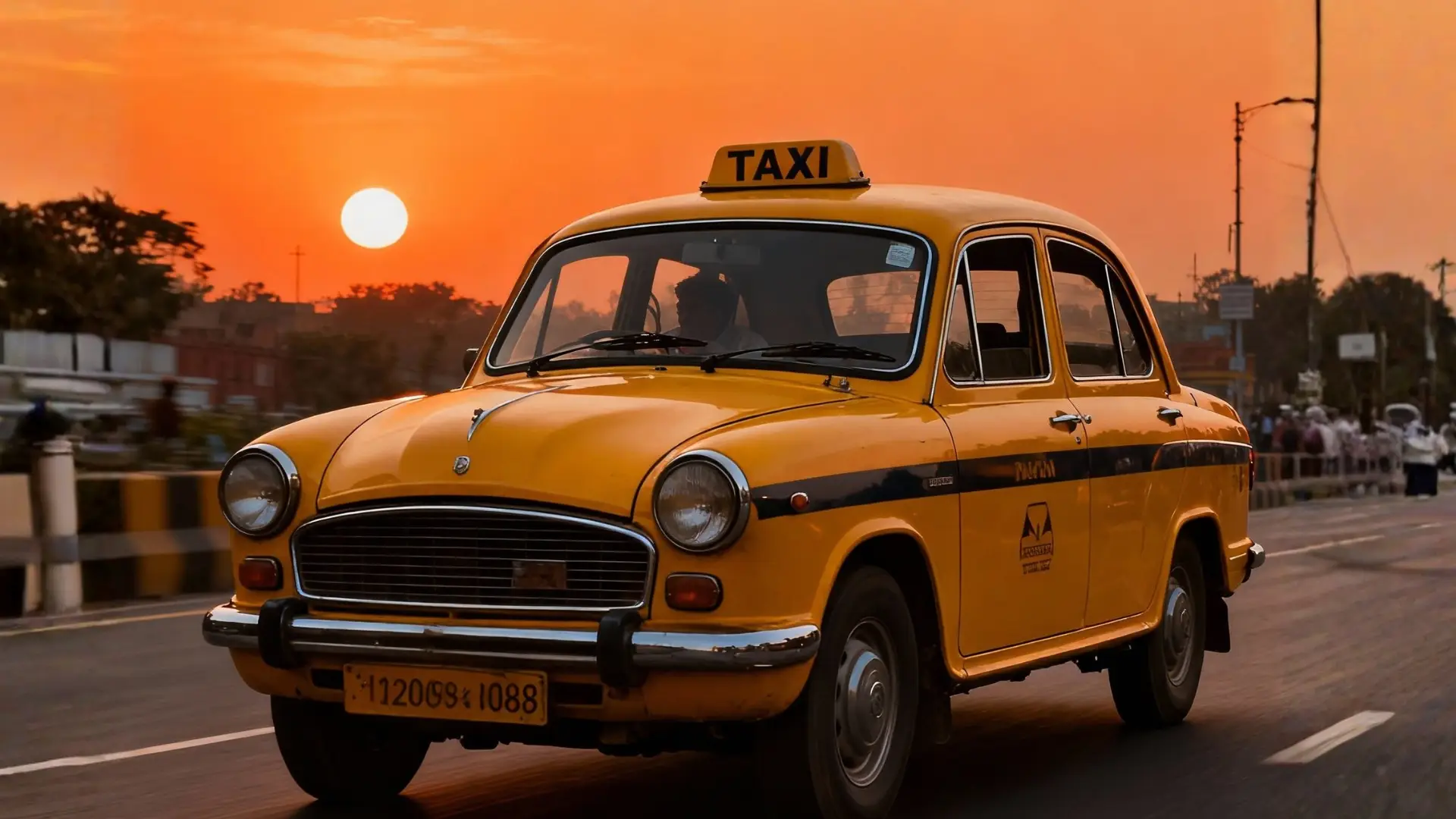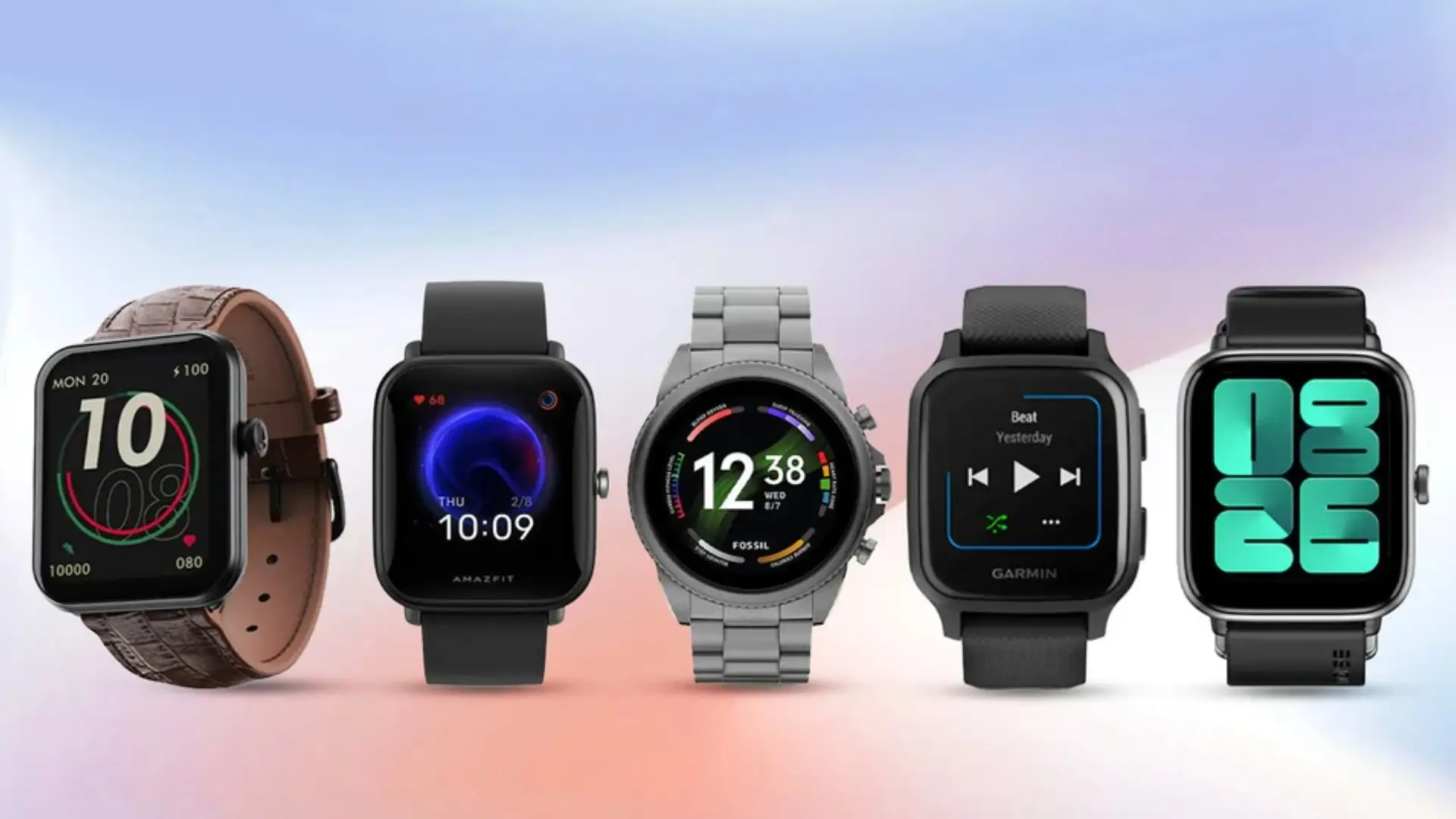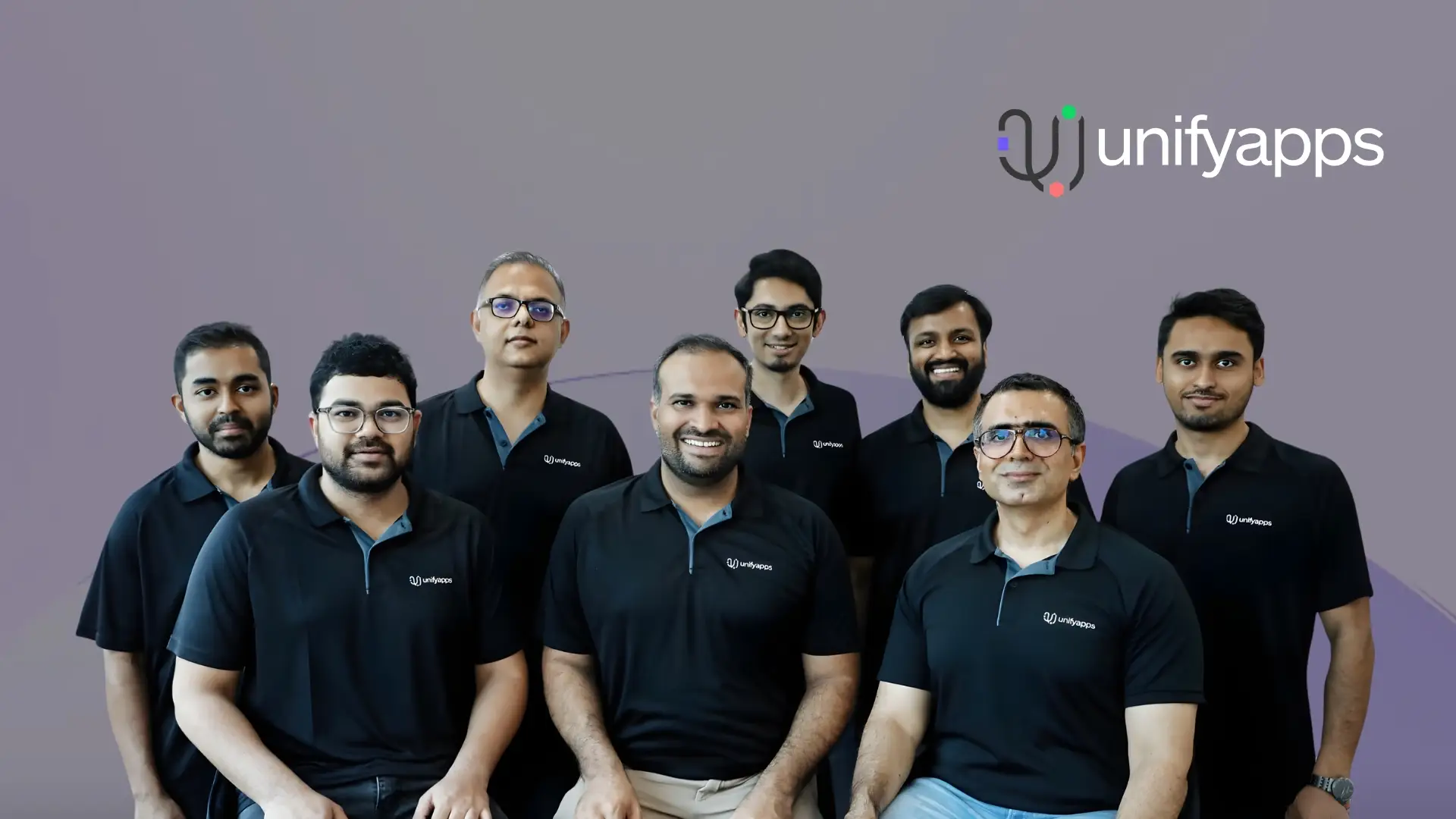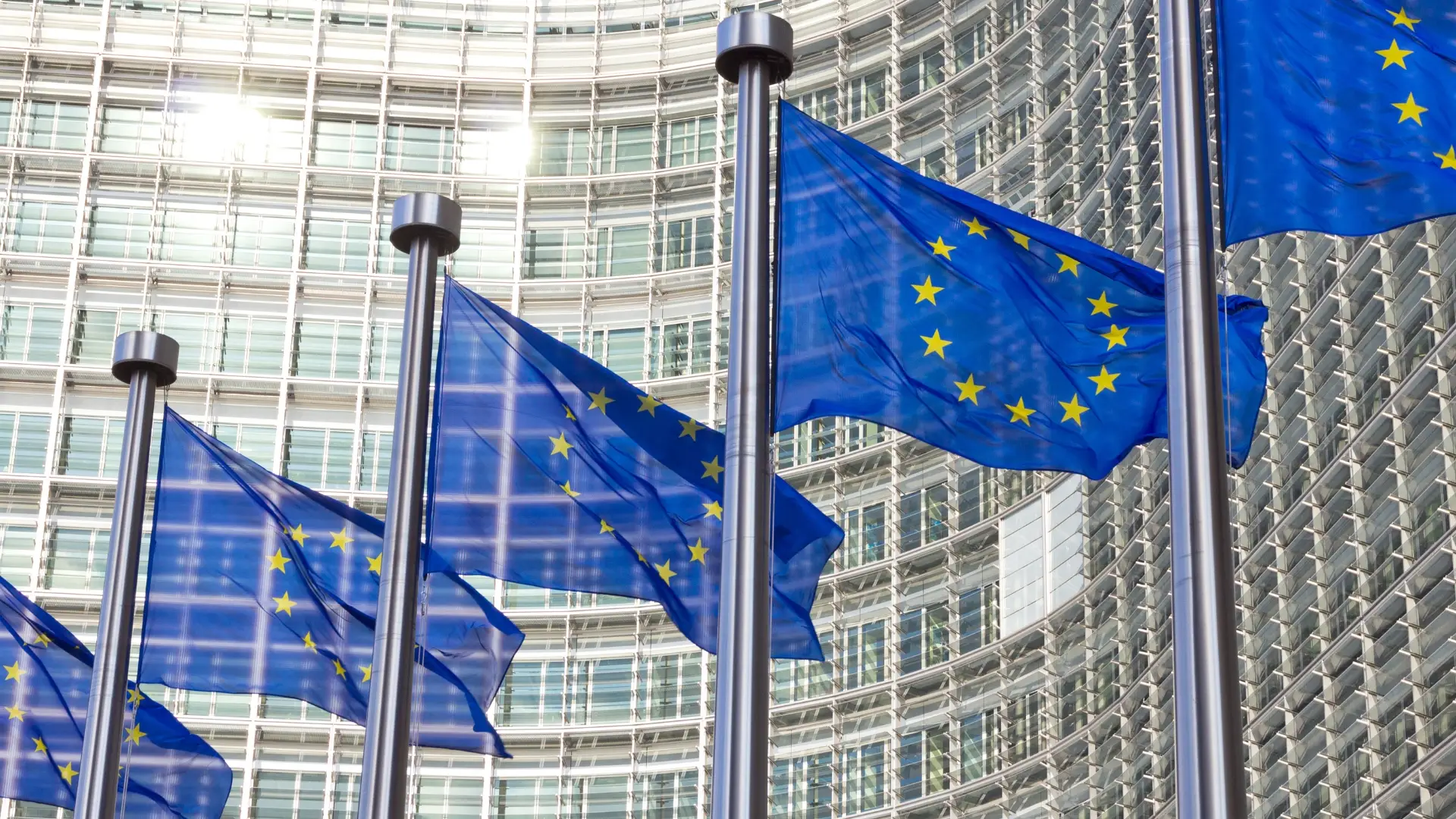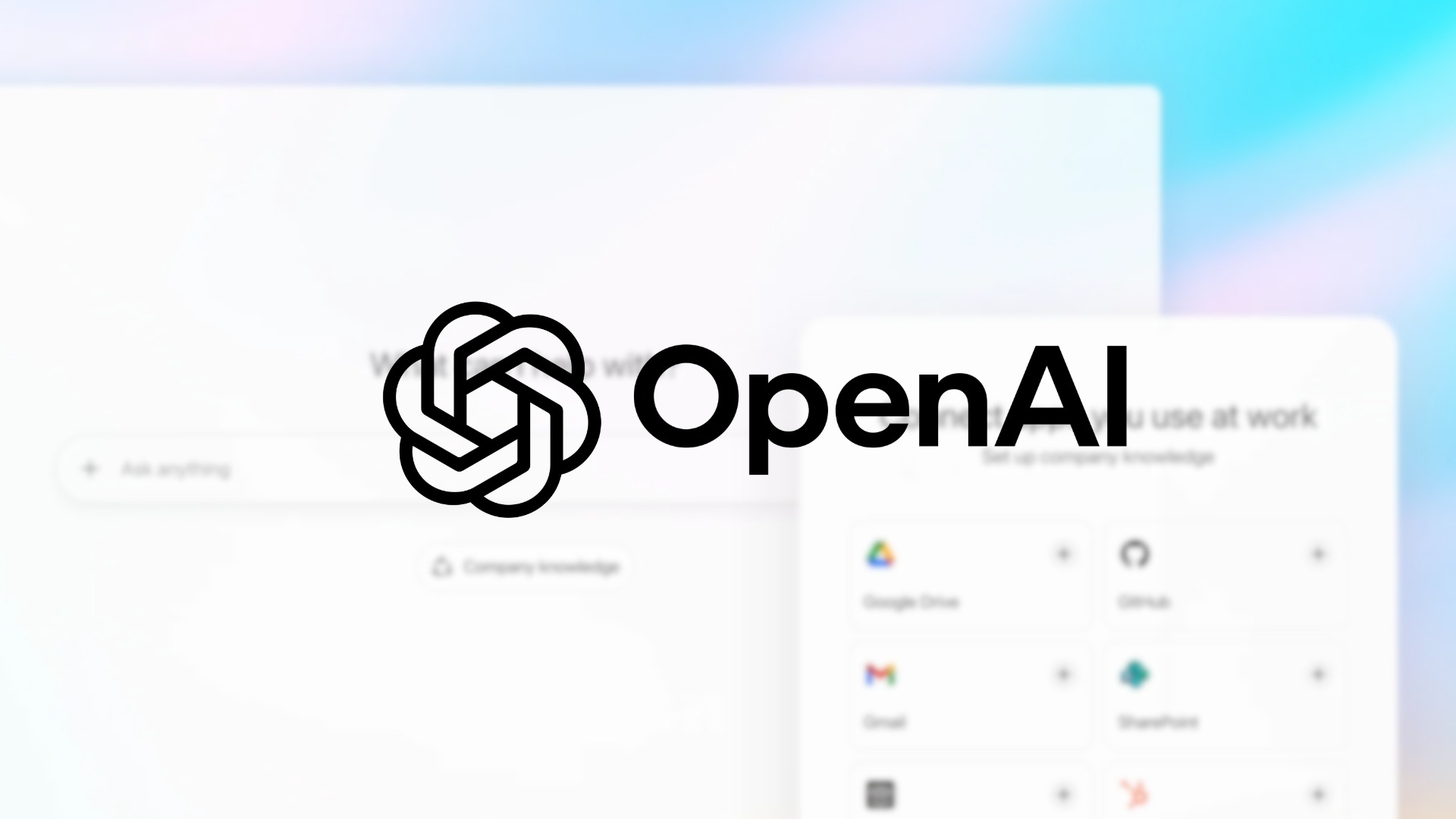‘Bharat Taxi,’ also known as ‘Sahkar Taxi,’ backed by the Central government, is slated for a pilot launch in Delhi next month. This initiative directly challenges the dominance of private companies like Ola and Uber. Conceived by the Union Ministry of Cooperation in collaboration with the National e-Governance Division (NeGD), the platform seeks to establish a more equitable, driver-centric model within the app-based transport industry.
The pilot phase, detailed in a report by NDTV, will feature 650 vehicles operated by their owners starting in November. Following a successful trial, the service is slated for expansion into other major cities in December, marking the commencement of a nationwide rollout. Officials anticipate approximately 5,000 drivers, including both men and women, will participate in the initial phase. Over the next year, the service aims to extend its reach to 20 cities, including Mumbai, Pune, Bhopal, Lucknow, and Jaipur. The government’s ambitious plan aims for operations across metro regions by March 2026, eventually reaching district headquarters and rural areas by 2030, potentially involving one lakh drivers.
Unlike its privately held competitors, the new service will operate as a cooperative venture. Managed by Sahakar Taxi Cooperative Limited, established in June with an initial capital of Rs 300 crore, the platform offers a distinct operational model. Drivers can register various vehicles taxis, rickshaws, two-wheelers, and four-wheelers directly with the cooperative, cutting out intermediaries. This structure guarantees that drivers receive 100% of their earnings without commission deductions. Government officials have stated that the pricing system will be transparent, fair, and government-supervised, benefiting both drivers and passengers.
Union Home Minister Amit Shah introduced the service in Parliament in March, framing it as part of Prime Minister Narendra Modi’s vision of “Sahkar Se Samriddhi” prosperity through cooperation. This initiative addresses growing concerns about unfair pricing practices by existing cab aggregators. The Central Consumer Protection Authority (CCPA) previously issued notices to Ola and Uber following reports of fare variations based on whether users booked through an iPhone or an Android device. The government has denounced such practices as “unfair trade,” signaling intentions to broaden scrutiny to other digital sectors, including food delivery and ticketing.
Also Read: Why India’s Smartwatch Market Is Struggling and Why Only Premium Brands Are Winning?
